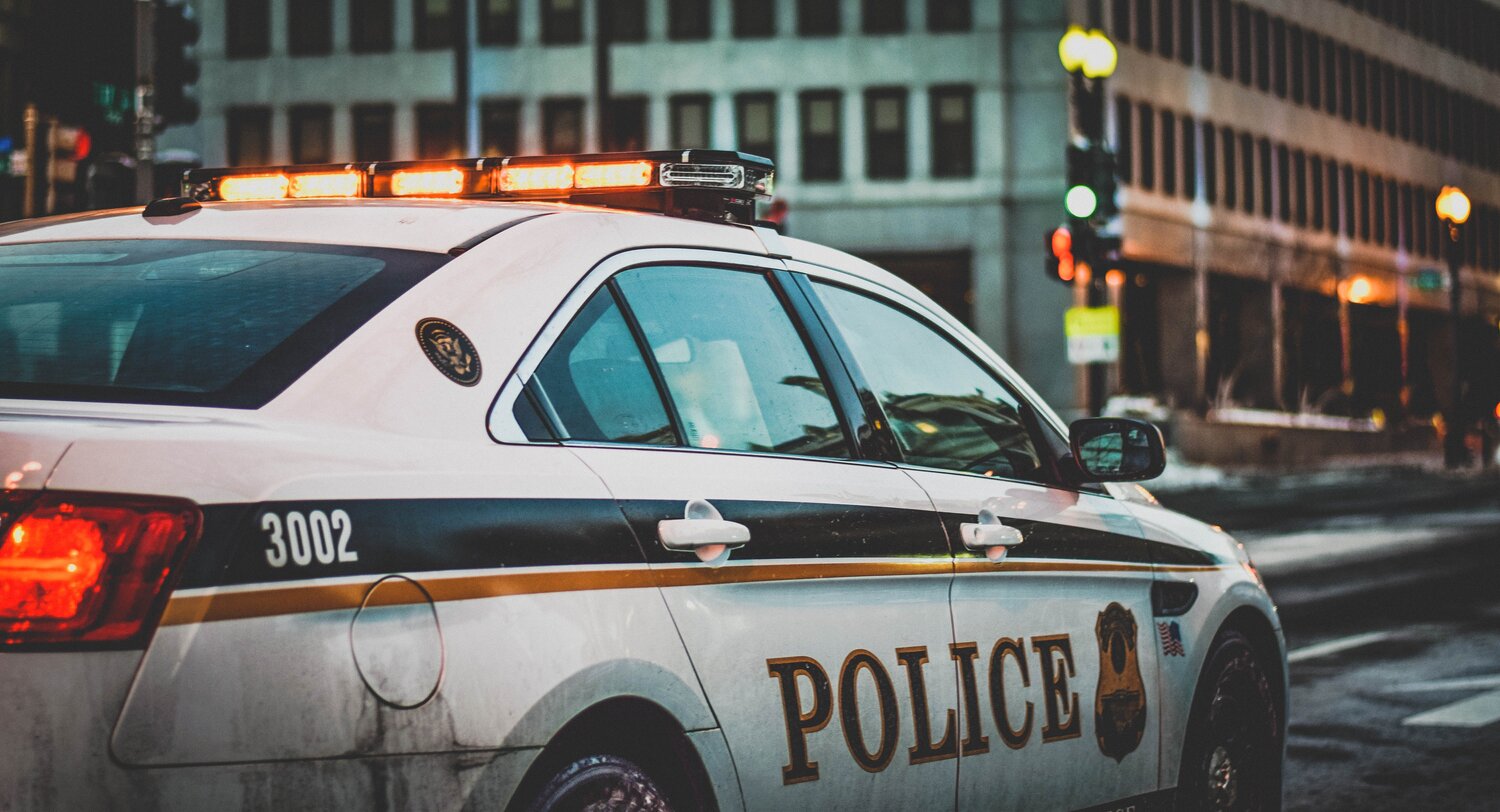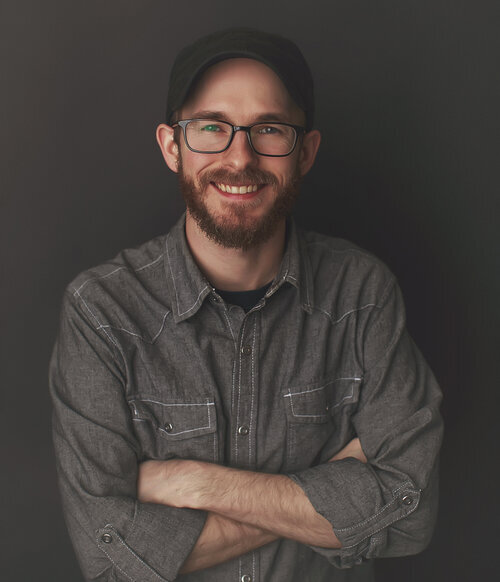
Editor’s note: This post originally appeared on davidwilber.me. Tabernacle of David considers this ministry trustworthy and Biblically sound.

Author: David Wilber
Like nearly everyone else in America, I was profoundly disturbed and enraged to see the video of George Floyd’s tragic death. Everyone—from the black community to the law enforcement community, from the President of the United States to pundits on all sides of the political spectrum—has condemned the actions of the officer who killed Floyd. Everyone has called for justice.
Indeed, nearly every American agrees that police brutality and racism is evil and not to be tolerated. America is largely united on these points, thank God. Regarding the question of where we go from here, however, is a point on which America is divided. How do we fix the problems in America regarding police brutality and racism?
The first step is to acknowledge what hasn’t been working and quit it. Rioting and looting will not solve anything but only make things worse. I wish Americans could be fully united on this point. Thankfully, most—including Floyd’s family—have condemned the riots and looting. Still, sadly there is not a small number of agitators in the media and politics who defend these vile actions.
Burning down businesses in minority communities, stealing TVs from Target, beating people to death in the streets, and shooting police officers all hurt the black community. It leads to more poverty, crime, and a worse relationship with the police. Anyone who cares about justice and wants to support the black community needs to condemn this violence unequivocally.
Second, we need to promote productive dialogue. We must move beyond slogans and social media slacktivism and actually listen to each other.
For example, police and community residents can hold cookouts to break bread and have real conversations to bring education and change. Podcast hosts can bring on guests from various backgrounds and perspectives to share their experiences and insights.
As a white man, my life experience is often very different from the experiences of black Americans. I want to hear the reasons many black Americans feel oppressed and victimized in our country.
There are likely things that I cannot understand fully as a white American, but I want to try. And as a Christian and American, I want to stand with my black neighbors in fighting for equality and justice and against racism and injustice. This doesn’t mean that there will be an agreement with every proposed solution, but empathy and sincere dialogue will help us navigate a path forward.
Third, we must correctly diagnose the problem. The narrative that there is an epidemic of racist cops hunting down black men is simply not true. These false narratives not only fuel unhelpful and unrealistic solutions, such as the idea promoted by some activists that we must “abolish the police,” but also contributes to more violence. It’s this narrative that leads to innocent people being murdered.
Since police brutality is a problem that affects black people and white people, it seems overly simplistic to blame racism. That isn’t to say that there aren’t individual cops who have a racist bias—and they should be fired—but the racial narrative fails to account for all the facts. And the facts matter if we hope to solve the problem.
Fourth, we must focus on real solutions. Ben Shapiro recently mentioned a couple of policies that we should consider: 1) We could get rid of qualified immunity. This legal doctrine grants immunity to police officers that act outside the scope of their authority and violate your civil rights. 2) We could abolish police unions. This article from Reason Magazine makes a case for both of these proposals.
Fifth, and most importantly, we need to spread the Gospel. The truth is that we all have darkness deep in our hearts. We all have profound emotional wounds. God can deliver us from our greatest oppressors—including ourselves.
In 2017, Ken Parker marched in Charlottesville as a white nationalist and member of the KKK. A year later, he was baptized…by a black pastor! And now he helps others get out of hate groups. The Gospel heals, transforms, and empowers.
If we genuinely want to see an end to racism, we must “make disciples of all nations, baptizing them in the name of the Father and of the Son and of the Holy Spirit, teaching them to observe all that I have commanded you” (Matthew 28:19-20). God can heal our darkness and deepest pain right now. He is “near to the brokenhearted and saves the crushed in spirit” (Psalm 34:18).
There will be injustice in this world until Messiah returns. That doesn’t mean we don’t fight against injustice now—we must stand for justice and righteousness! But we can have hope that, despite the evil in our world and our feelings of helplessness regarding being able to fix all the problems, God promises to set everything right and bring about true justice in the world to come. Until then, we do the best we can to fight for justice as best as we can.
About David Wilber

David is first and foremost a passionate follower of Yeshua the Messiah. He is also a writer, speaker, and teacher.
David’s heart is to minister to God’s people by helping them rediscover the validity and blessing of God’s Torah and help prepare them to give an answer to anyone who asks about the hope within them (1 Peter 3:15)…

